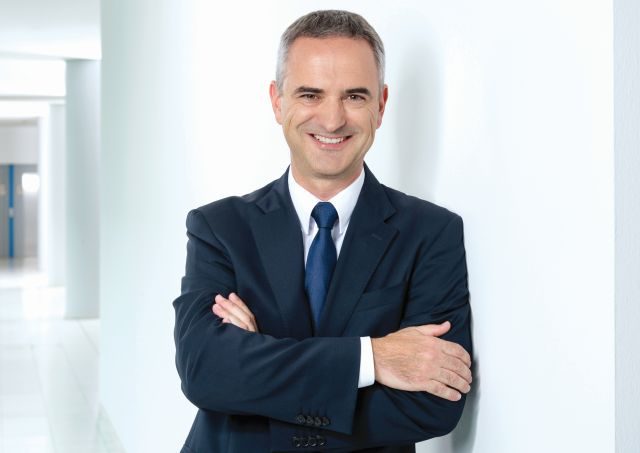
Klaus Hau, Executive Vice President, Powertrain Components Business Unit, Continental, answers our questions as we stroll down conversation street
Interviewed by: Joshua Varghese
Continental have invested a large amount of money [Rs 2,100 crore] in India. Can you tell us how important India is for the Continental group at the international level?
It is already an important market for us considering the potential we see in India for future growth. We have to increase our focus on the Indian market because when you look from a global standpoint, the European markets are flattening out. Considering the opportunities, India is one of the regions where we see a lot of growth in the future and this, of course, means that we need to focus on this market. With the emission norms coming in, this would be the right time to invest in India.
Are you happy with the progress you have made in the country and have you met your targets?
I think what was important for us was that we got a lot of trust from our customers once BS-VI was announced. We have been engaging with customers and demonstrating our technological capabilities and we have received significant awards already. We will localize more of our products in order to meet the local requirements of the customers and that is our next step forward. So far, it has been a good experience. However, the implementation is starting. With this new plant, we aim to meet the demand for the transition to BS-VI.
What is the primary focus of the new plant? Transition to BS-VI or completely electric mobility?
Currently and for the next few years, the focus will be on the transition to BS-VI. We want to use this opportunity to consolidate volume production in the Pune plant. In addition to making components like fuel-supply systems, we are also preparing the plant for catalyst and sensor products that will help our clients meet the emission requirements. On the electrification side, there is currently nothing planned. It is important for us to understand the direction India will take on electrification and which areas of the market will adopt fully electric vehicles. We have those products ready in other areas of the world. By keeping this new plant capable of producing mechanical, electronic, and electro-mechanical components, we will also have the capability to produce components for electric vehicles once they are required.
In the immediate future, what are the products we can look forward to from the new plant?
On the passenger car side, primarily new sensors, like NOx sensors, high-temperature sensors, and pressure sensors that will support efficient after-treatment of exhaust gases.
Who do you think your primary rivals will be by the time this plant comes up in India?
Our primary rivals are the major automotive suppliers that we deal with on a global scale like Bosch, Denso, and a few specialized ones. On the powertrain side, we do not expect significant new entrants but major suppliers are taking a notable interest in India. That is why it is important for us to have an early grip on the market in order to get a head start.
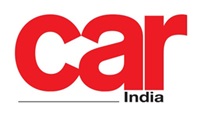


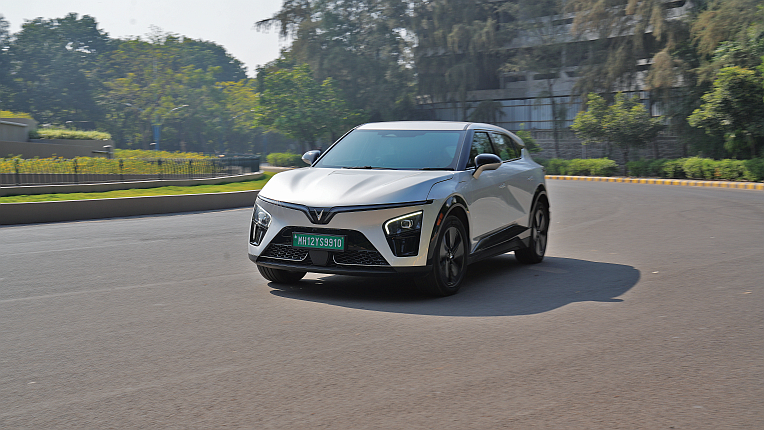
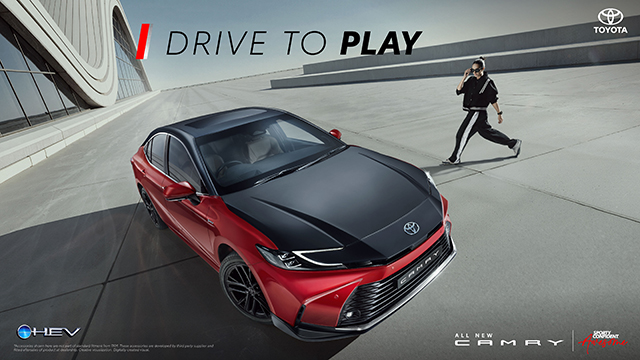
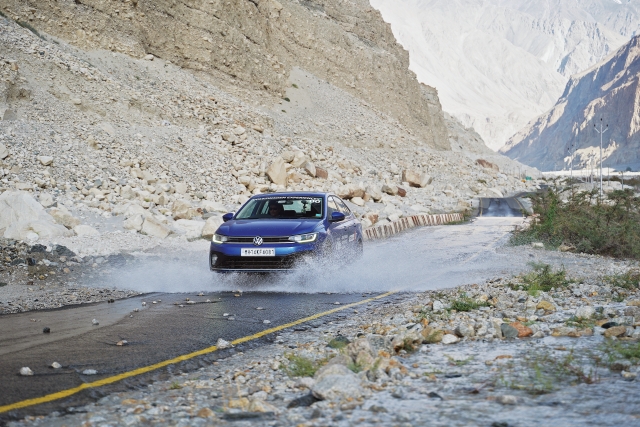
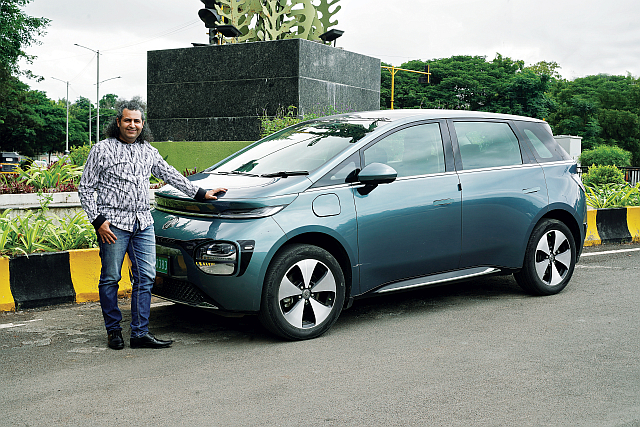
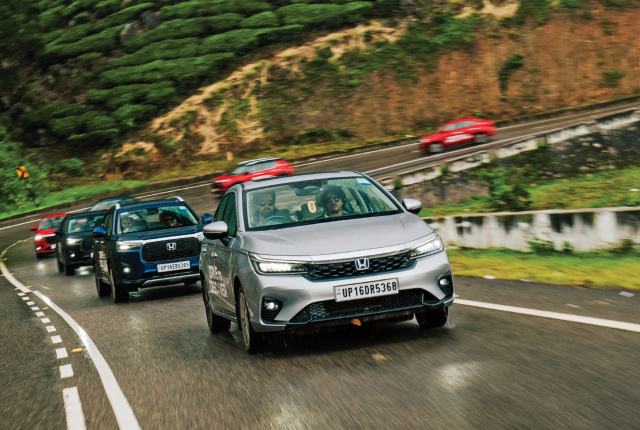
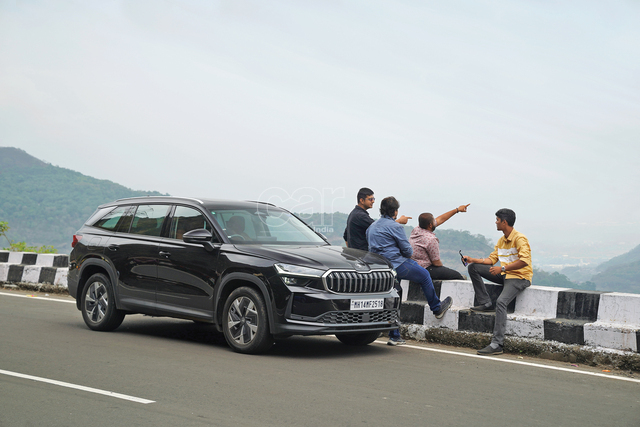


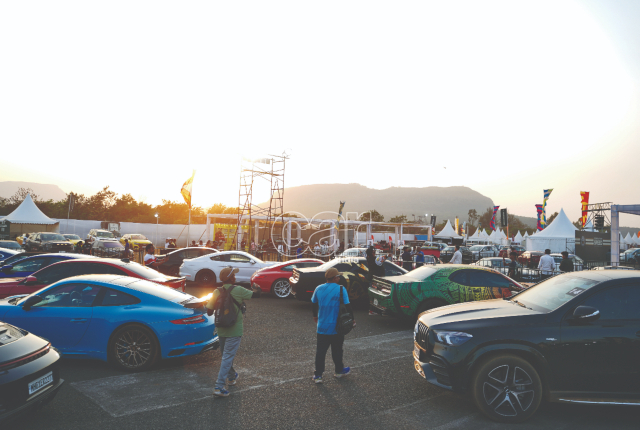


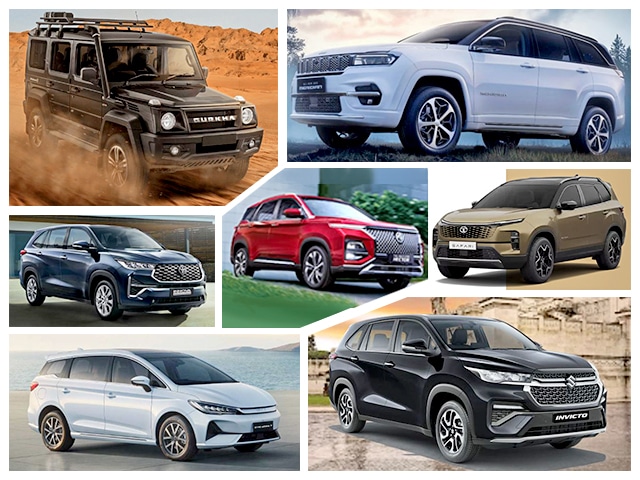
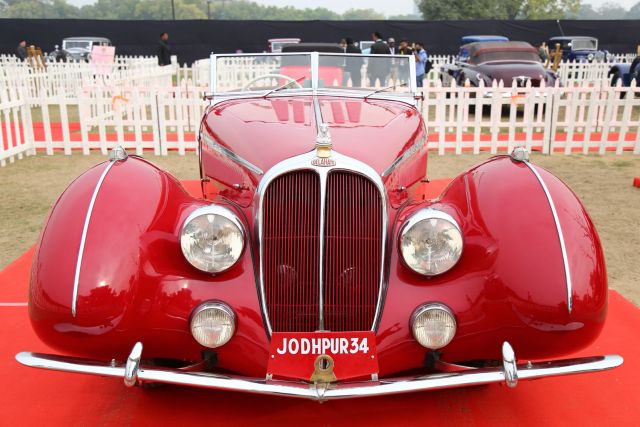
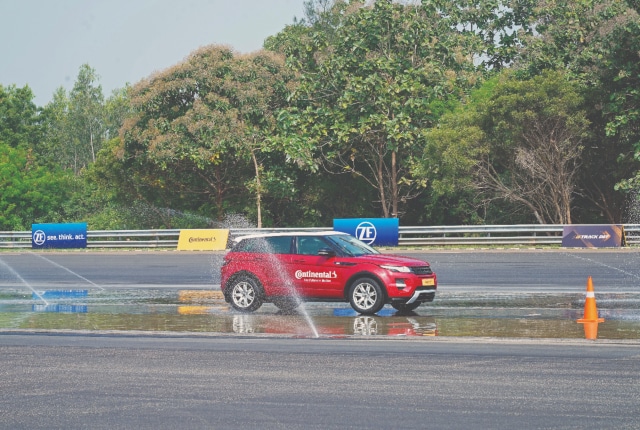
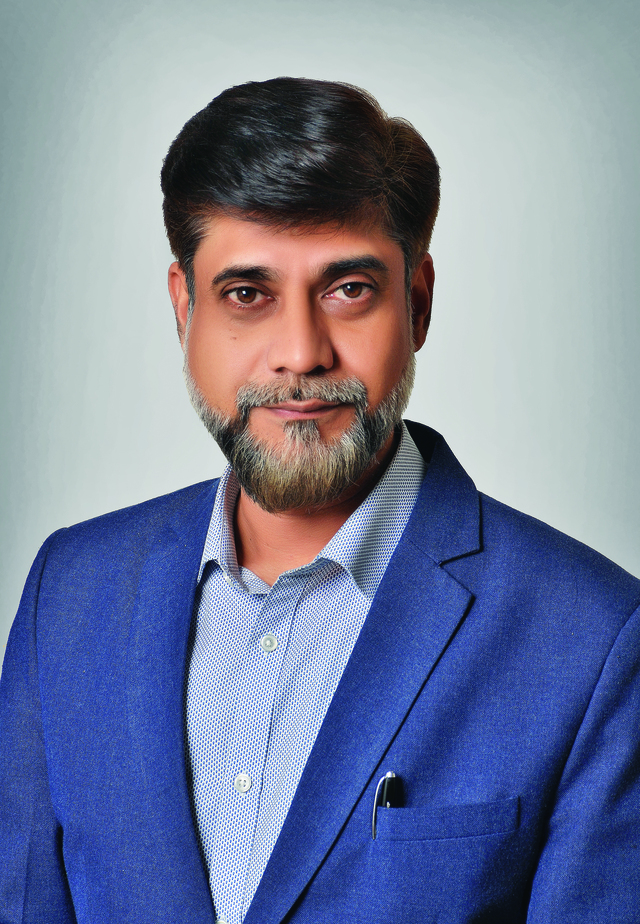
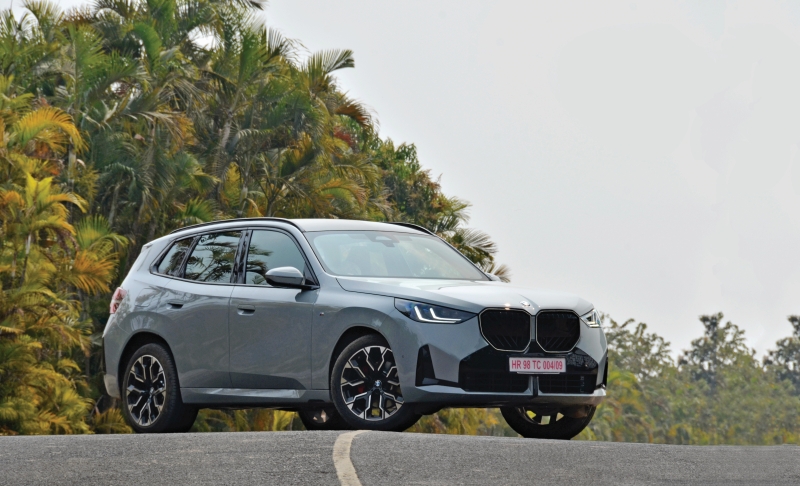

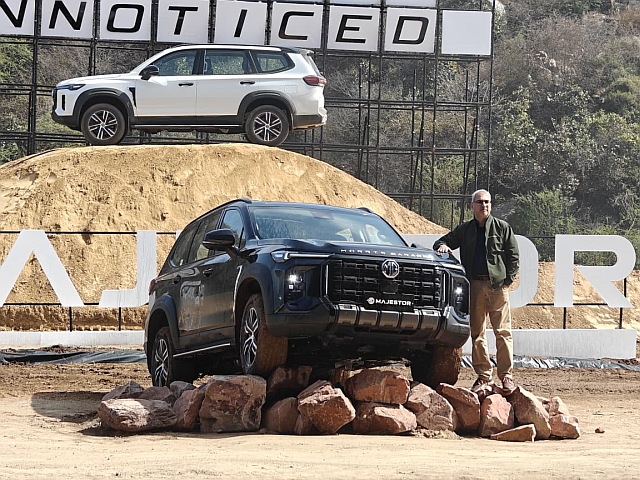

Leave a Reply